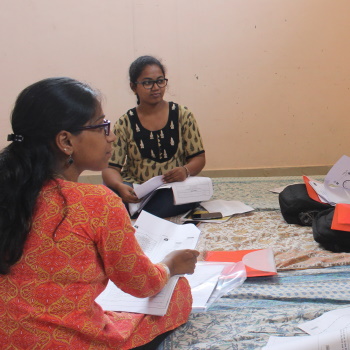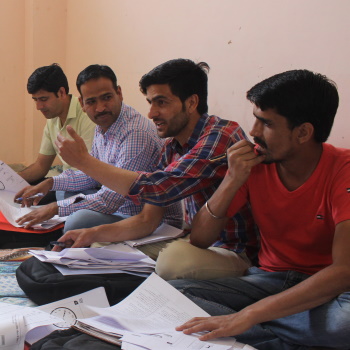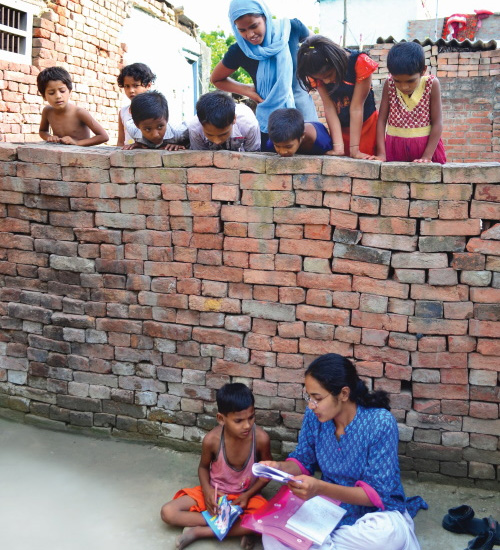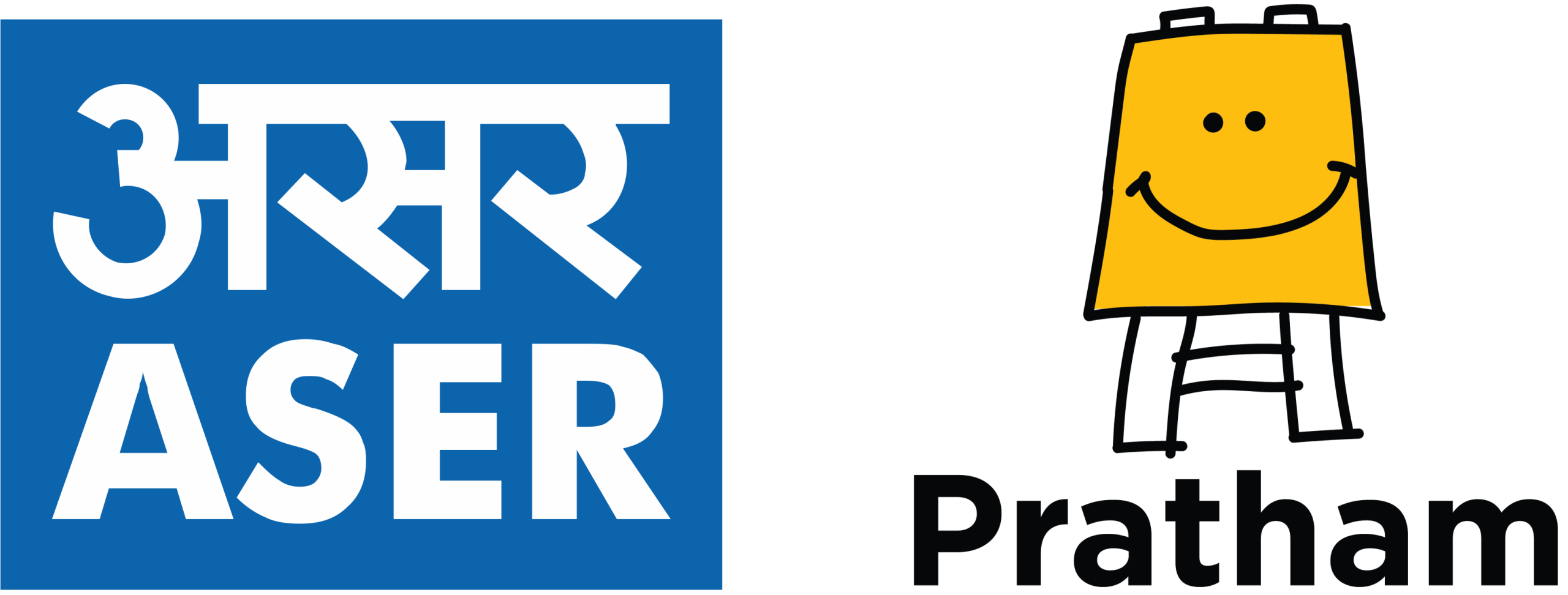ASER survey
ASER is a household survey that captures the status of children’s enrolment and learning outcomes in rural India.
The ‘basic’ ASER, conducted every year from 2005-2014 and in alternate years since 2016, is conducted by more than 25,000 volunteers who reach over 600,000 children aged 3-16 in about 17,000 villages across almost all rural districts of the country.
The ‘basic’ ASER, conducted every year from 2005-2014 and in alternate years since 2016, is conducted by more than 25,000 volunteers who reach over 600,000 children aged 3-16 in about 17,000 villages across almost all rural districts of the country.
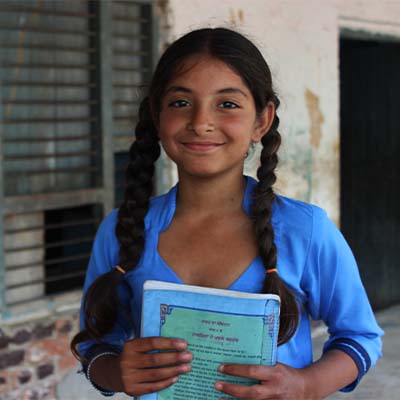
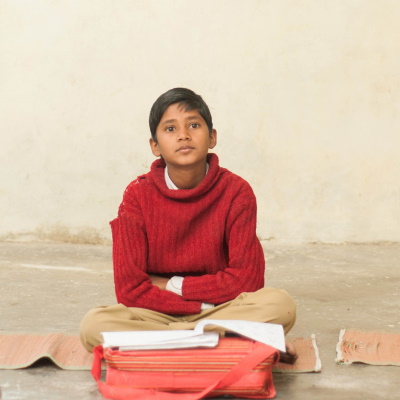
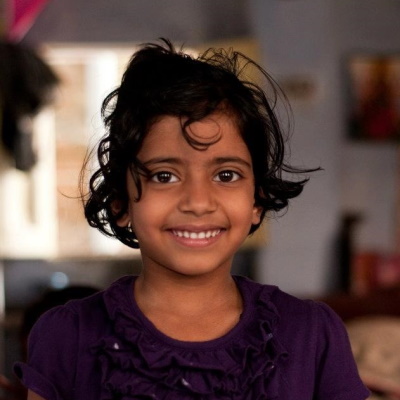
Research and assessment
While the ASER survey provides rapid measurements of key indicators of participation and outcomes across
the country, ASER Centre’s Research unit designs and implements research projects, either independently
or in collaboration with external organisations, that go deeper into different aspects of children’s
educational trajectories, aiming to unpack and explain participation and outcomes at different stages
ranging from pre-primary school for young children to vocational skilling for older adolescents and adults.
The Assessment unit is the hub for creating assessment tools for all the projects undertaken by ASER
Centre. From regional projects to international collaborations, the unit designs, contextualises, and
develops assessment tools to measure a range of outcomes in education.
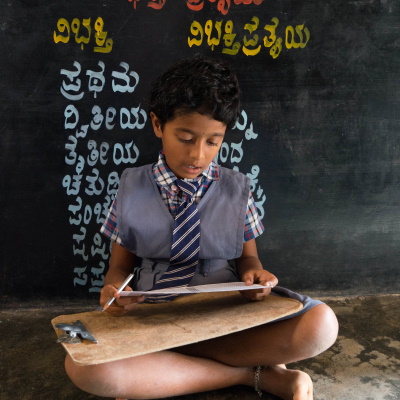
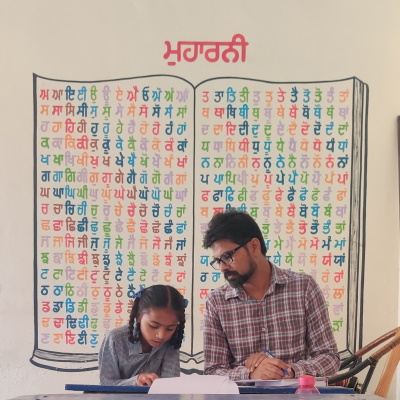
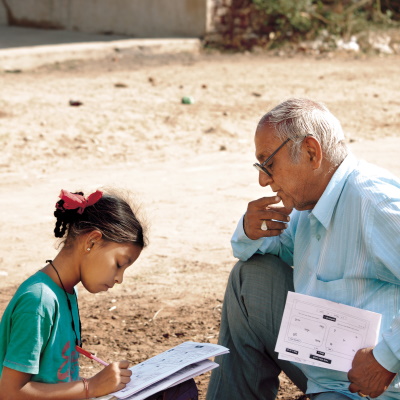
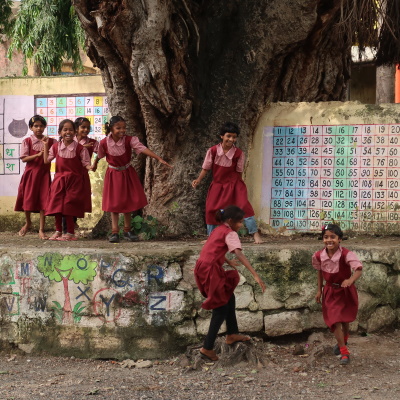
Previous
Next
Capacity building
The Capacity building unit was established in 2010 to help individuals, organisations, and institutions understand the important role that evidence can play in decision-making, whether by individuals or institutions; as well as understand the nuts and bolts of designing simple metrics and measures that respond to their own context and needs.
